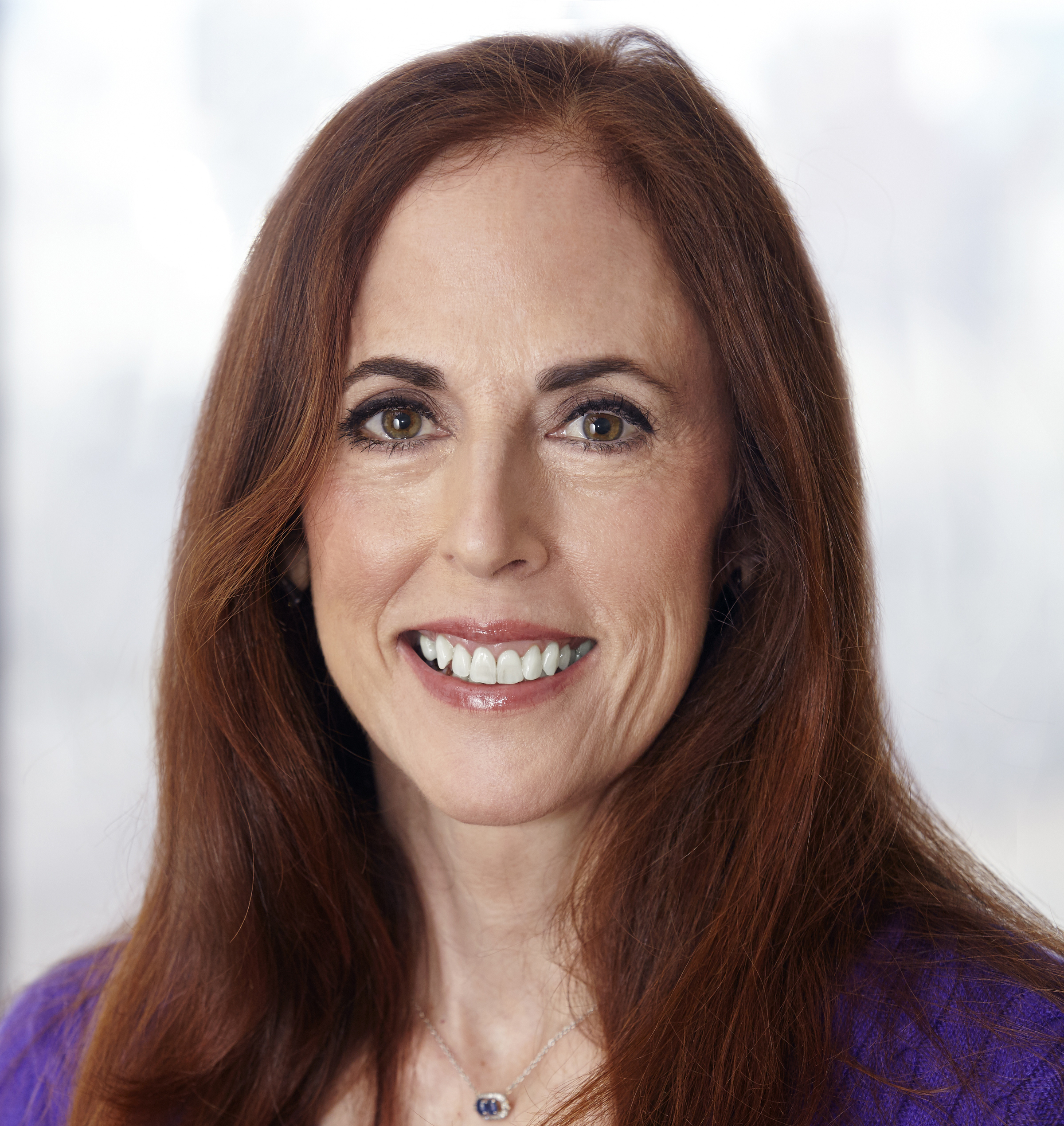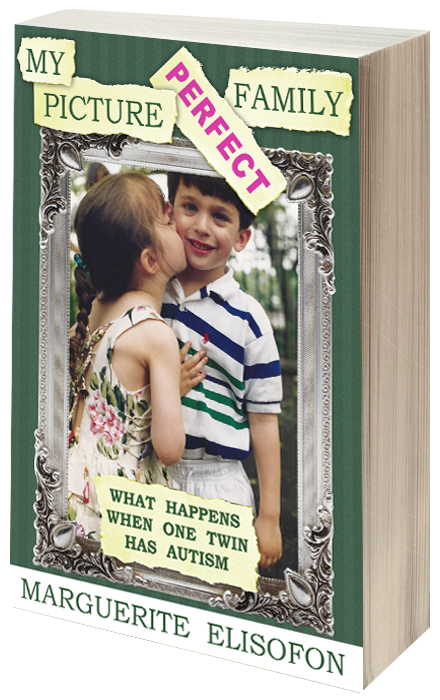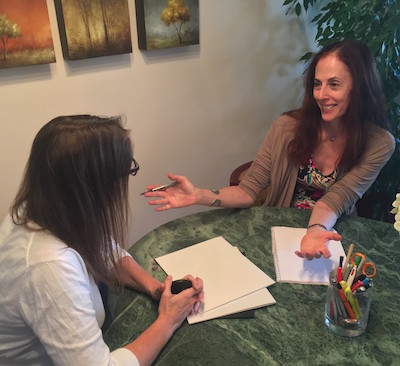 As an EPIC board member and momager of cast member Samantha Elisofon, I was eager to attend a panel called “The Spectrum of Opportunity” about how the entertainment industry can “access the talents and passions of people on the autism spectrum.” Presentations were designed to answer the question: How can people on the autism spectrum be empowered as actors, crew members, animators, VFX? What can producers, storytellers and media makers do to work with the autism community?
As an EPIC board member and momager of cast member Samantha Elisofon, I was eager to attend a panel called “The Spectrum of Opportunity” about how the entertainment industry can “access the talents and passions of people on the autism spectrum.” Presentations were designed to answer the question: How can people on the autism spectrum be empowered as actors, crew members, animators, VFX? What can producers, storytellers and media makers do to work with the autism community?
I wasn’t optimistic about the answers, but I decided to attend so I could support EPIC Players’ presentation by Aubrie Therrien and watch my daughter participate in the Q and A afterwards. At the very least, there would be networking opportunities for me and Samantha, along with the chance to sell the last of EPIC’s Tempest tickets.
Trying to stay hopeful isn’t always easy for an autism mom, but I couldn’t help thinking that perhaps one of the other panelists and guests could finally, maybe, answer my burning questions. How do I help Samantha move forward in her career? For the longest time, I’ve been wondering whether my daughter should have a manager or a New York agent in addition to her California agent. Can she or should she join SAG/AFTRA? I don’t know whether joining the union will double Samantha’s audition opportunities or cut them in half. At the moment, her auditions are so few and far between, the math doesn’t matter. But after a year of answering questions at film festivals here and abroad, maybe Samantha could be a speaker and autism ambassador (if only I knew what to do and who to contact).
Hosted by the Producers Guild of America at the Players’ Club on June 5th, the presentations and Q and A were moderated by producers William Horberg (The Talented Mr. Ripley) and Janet Grillo (Jack of the Red Hearts).
The first presenter was Lauren Appelbaum, Communications Director for RespectAbility, a non-profit organization fighting stigmas and advancing opportunities for and with people with disabilities. Appelbaum has published numerous article on the overlap of disability, employment, Hollywood and politics. Currently, she spearheads RespectAbility’s outreach to Hollywood by promoting positive, accurate, diverse and inclusive media portrayals in film and television. Applebaum offered a number of helpful tips to entertainment professionals in the audience. First—and perhaps most important—is that people with disabilities and their loved ones represent an audience of 56 million Americans. Time for Hollywood to include this overlooked population. She urged the industry to move beyond “white men in wheel chairs” to embrace all demographics of gender, age, race and sexual orientation. Other suggestions? Create a plan to hire and retain employees with disabilities; portray characters with disabilities as successful members of the community; and create shows to inspire parents of disabled children to take full advantage of early intervention to enable their success.
Also on the panel was David Di Ianni, founder of Film Academy360, a program which helps young people with autism create and share their vision and train for careers in TV, film and digital media while fostering social connections with peers.
Last but not least, was our very own Aubrie Therrien, Executive Director of EPIC Players, explaining how our theater company is creating professional performing arts opportunities for artists living with disabilities by offering free training: resume writing, headshots and free classes, audition prep, improvisation, etc. My daughter Samantha was invited to join Aubrie to discuss her experiences in Keep the Change and answer questions about what she hopes to achieve in her career.
Toward the end of the evening I fired off my questions about how to help my daughter succeed. Lauren Appelbaum offered to connect me with the mother of a high-functioning adult with Downs Syndrome on a reality TV show, Born this Way, who is regularly hired to speak. Of course, Appelbaum added, it’s quite possible that the mom she has in mind would not want my daughter to compete with hers for the limited opportunities which exist. It would NEVER occur to me to think that a person with Down’s syndrome would actually be competing with someone on the autism spectrum for the same speaking engagement. (!?). That implies that speakers’ organizations and their audiences view all intellectual disabilities as being the same, with a limited quota of opportunities for very different applicants. Pretty depressing. How can that be?
I plan to find out. Stay tuned. IMG_2283





 Marguerite Elisofon is a New York City writer and the author of My Picture Perfect Family, a memoir about how her family navigated life with a child on the autistic spectrum before the internet and support groups existed. She also blogs about parenting young adults and disability related issues in The Never Empty Nest. Her writing has been featured in a variety of publications, including Time and NY Metro Parents magazine, and her family’s story has been featured by the NY Post, Fox News, The Daily Mail, and on Jenny McCarthy’s Dirty Sexy Funny radio show. A Vassar graduate, Marguerite was born and raised in New York City, where she still lives with her husband, Howard, in their mostly-empty nest. She is available to speak about a wide variety of issues relating to twins, parenting, and autism.
Marguerite Elisofon is a New York City writer and the author of My Picture Perfect Family, a memoir about how her family navigated life with a child on the autistic spectrum before the internet and support groups existed. She also blogs about parenting young adults and disability related issues in The Never Empty Nest. Her writing has been featured in a variety of publications, including Time and NY Metro Parents magazine, and her family’s story has been featured by the NY Post, Fox News, The Daily Mail, and on Jenny McCarthy’s Dirty Sexy Funny radio show. A Vassar graduate, Marguerite was born and raised in New York City, where she still lives with her husband, Howard, in their mostly-empty nest. She is available to speak about a wide variety of issues relating to twins, parenting, and autism. 